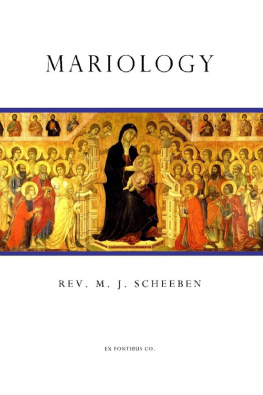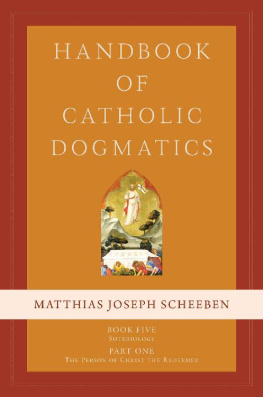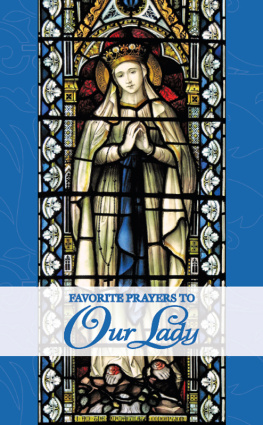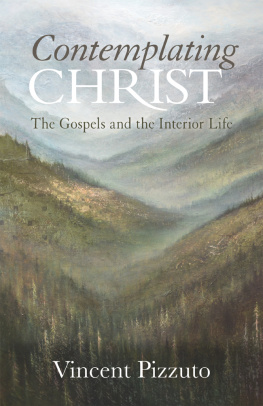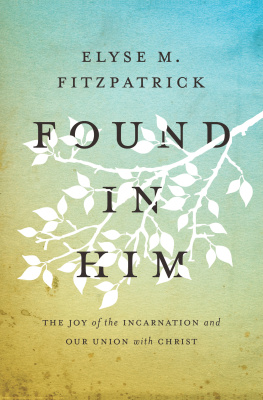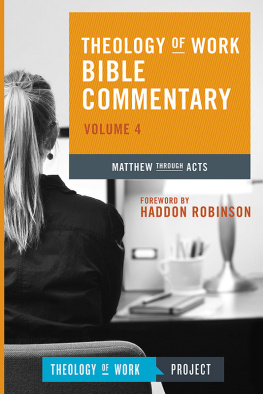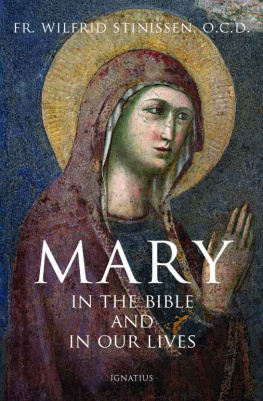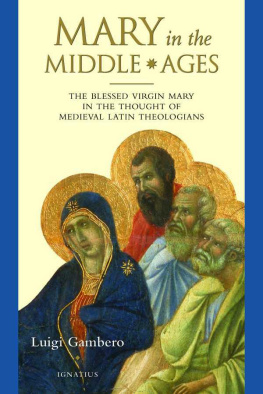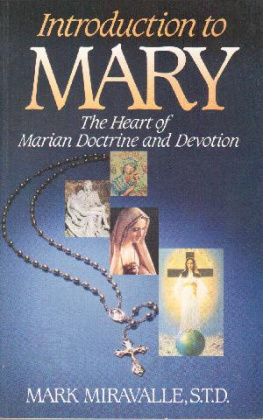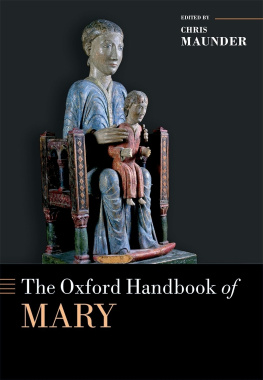MARIOLOGY
BY REV.
SCHEEBEN
TRANSLATED BY REV.
L M. J. GEUKERS
VOLUME ON E
B. HERDER BOOK CO.
SOUTH BROADWAY. ST. LOUIS AND QUEEN SQUARE, LONDON,
C.
ALL RIGHTS RESERVE D Printed in U.S.A .
NZHZL OBSTAT die 5. Maii, 1945 Fr. O.F.M. Censor
die
1945
J. S.T.D.
Copyright 1946
B. HERDER BOOK CO.
Second
Press,
and New Pork
Translator's Preface
NE of the outstanding characteristics of the Cath-
olic Church as contrasted with most of the other
Christian groups is undoubtedly her devotion to Mary.
The Church in her guidance and doctrine could leave un
questioned the fact that the faithful themselves, par
ticularly the great mass of ordinary Catholics, have a
number of special practices of their own to venerate the
Blessed Mother. Here we are not faced with a more or less
unreasoned expression or outgrowth of popular belief. It
is an important fact that in the official liturgy the Blessed
Virgin Mary occupies a place of honor, and that in the
Catholic Church no other single article of faith has been
so much developed and enriched in the course of centuries
as the doctrine about Mary. Although the dogmatic defi
nition of the Immaculate Conception is, relatively speak
ing, still of recent date, among the theologians there are
some who are already zealously occupied in endeavoring
to obtain the dogmatic definition of the Blessed Virgin's
bodily assumption into heaven and of her universal
of grace.
Among Protestants it has become a proverb that the Catholic Church is no longer a Church of Christ, but a Church of Mary. This is not the place to show the falsity of their judgment. It is sufficient to point out how the con-cept of Christ, which has faded more and more in the
iii
TRANSLATORS PREFACE
Protestant Churches through denial of His divinity, has been retained in all its purity in the Catholic Church, and how this concept of Christ, precisely through its divine excellence, keeps vivid the veneration of His mother as truly Mother of God. Far from diverting attention from Christ, the veneration of Mary has proved the most strik- ing guaranty of the purity of belief in the incarnate Word.
This close relationship between faith in Christ and the veneration of Mary is felt instinctively, as it were, bv every Catholic. The modern believer who wishes to this feeling will undoubtedly find numerous indications of it in most religious handbooks. No other theologian, in our opinion, made such sound researches into the dog-matic foundation of the Catholic devotion to Mary or elu-cidated it so profoundly, as Scheeben. With the deep and synthetic view that marked him as one of the greatest re-ligious thinkers of the last century, he incorporated the Catholic doctrine regarding Mary into the whole of Cath-olic dogmatic theology. In doing so he showed in an un-excelled way how the veneration of Mary takes root in the deepest soil of Christian belief. His Mariology not only is the best explanation known to us, of the doctrine about Mary, but it also gives a deeper insight into the most im- portant truths that ennoble and comfort Christian life.
A brief glance at the life and endeavors of this master will facilitate a fuller understanding of the originality and enduring value of his work.
T HE
O F
Joseph Scheeben was born March 1,1835, at Meckenheim near Bonn. He finished the study of the hu-manities at the age of seventeen and presented himself for
TRANSLATOR'S PREFACE
the priesthood in the diocese of Cologne. Since he had al-ready given evidence of possessing more than ordinary talents at the grammar school, he was sent to Rome for his seminary studies. For seven years he lived there among the students of the Collegium Germanicum, garbed in the vivid red cassock peculiar to this college, which even yet attracts attention in Rome. He followed the lectures in philosophy and theology at the papal Gregorian Univer-sity, which, like the Germanicum, was under the direction of the Jesuits. At that time Father A.
a Fleming, was rector of the Germanicum.
In this excellent educational center Scheeben could fol-low the lessons and profit by the influence of such men as Liberatore, Secchi, Perrone, Cercia, Passaglia, Ballerini, Patrizi, Kleutgen and Schrader. Passaglia worked with Schrader at a new publication of Petavius'
and tried to make the positive
method find acceptance again in theology, while Kleut
gen, whose first two parts of the
der ap-
peared in 1854, ushered in a fruitful return to St. Thomas and old Scholasticism. A fellow student of Scheeben, Father Tilmann Pesch, could tell later how
gifted Rhinelander applied himself with exceptional zeal to the study of St. Thomas. During his whole life Scheeben kept a grateful memory of the Germanicum and his professors at Rome and continued to hold them in sincere affection.
Scheeben was ordained priest by Cardinal and in the summer of the following year he returned as doctor of theology to his fatherland. After a year as rector and teacher of religion at the boarding-school of the Salvatorian Sisters at Muenste
he was appointed by Cardinal Archbishop John von
TRANSLATOR'S PREFACE
Seissel as professor in dogmatics at the seminary of Co-logne. There he remained until his too early death, July 21, 1888. During the twenty-eight years of his professorship Scheeben displayed an amazing energy. In his very first year he published a booklet, in which he translated into fluent German the most beautiful texts of the Fathers of the Church and the finest writings of poets in regard to Mary. He also wrote an article in the periodical Der Kath-
on "The doctrine of the supernatural and its signifi-cance toward science and life." In it appear these noteworthy words, which indicate the leading motive of his whole dogmatic work of later years: "The doctrine of the supernatural, taken in all its depth and extent, pene-trates Christianity in all directions; it alone gives to Christianity its really divine, specific, and mysterious character; it forms the center of the glorious system of its mysteries."
The following year, the twenty-six-year-old theologian published his
masterpiece:
Gnade. Profes-sor Grabmann, who brought out a new edition in 1922, testifies about it as follows: "The young professor accom-plished here a work which, in view of the contemporary condition of theology, we must call an exceptional scien-
achievement, and it remains of the greatest impor-tance to our own time, for the solid structure of thought
and its beneficial
on will and life."
In this book there appears clearly the great underlying idea of the supernatural, which rules the author's whole thought and life, and the typical characteristics of his theology. It shows a close continuity of thought with the whole preceding theological tradition, with which he be-
TRANSLATOR'S PREFAC E
came thoroughly acquainted, having special preference for the speculative nature of the Greek Fathers. A second feature is his exceptional speculative ability and masterly skill in penetrating the religious doctrines in their deepest connections, ramifications, and conclusions, and in eluci-dating the inner order and sublime beauty of dogma. He thoroughly understands the art of developing in every re-spect the philosophical ideas and doctrines of service to theological speculation; and here the philosophy of St. Thomas serves him as a standard. A third feature is his keen sense of asceticism and mysticism giving the
its proper sense and high value of life.
the book sounded a new note in the theological world of that time, is evident from the lengthy criticism,

